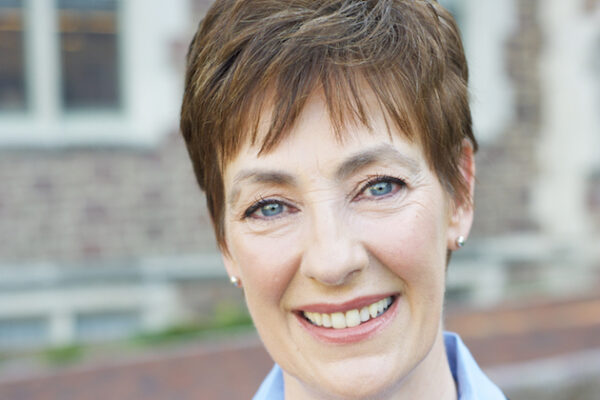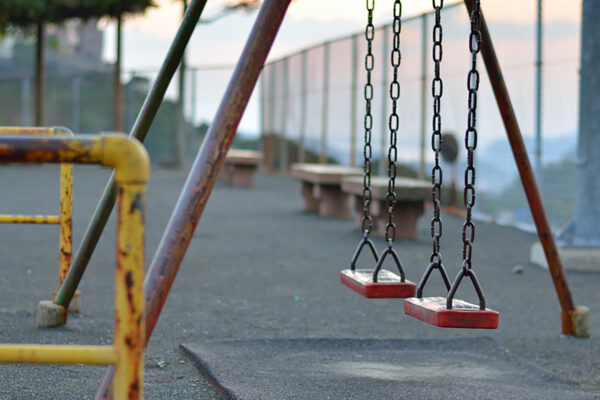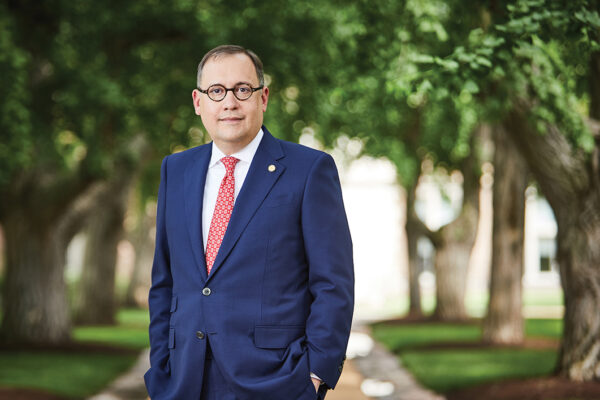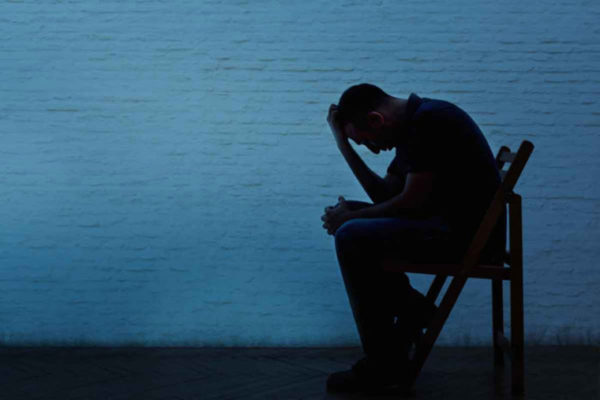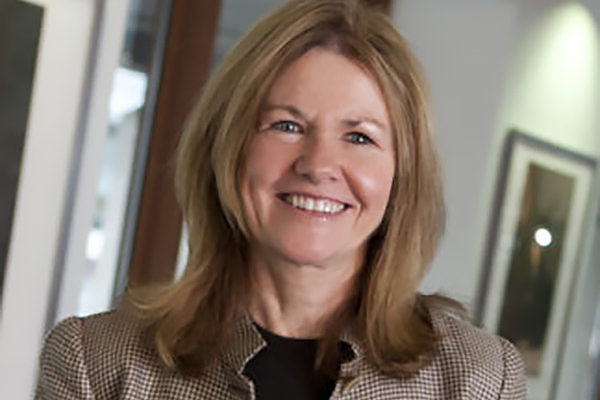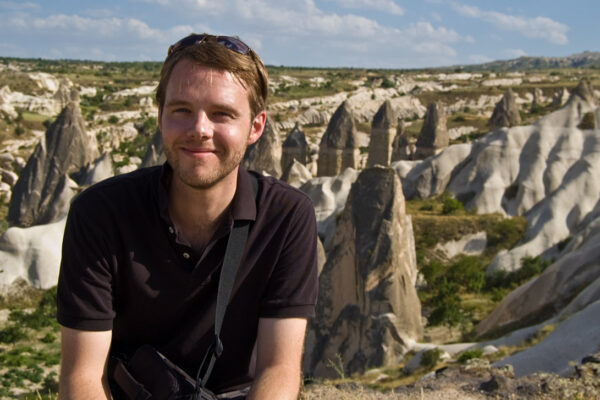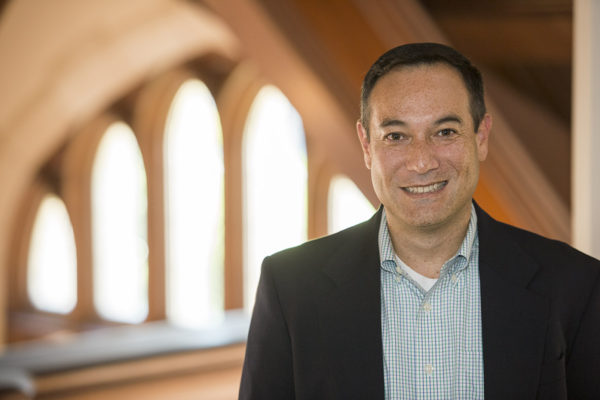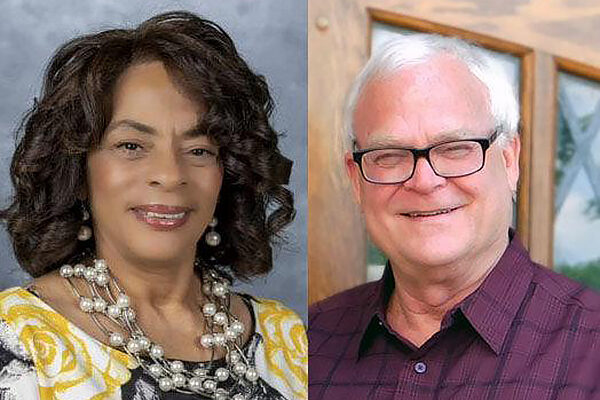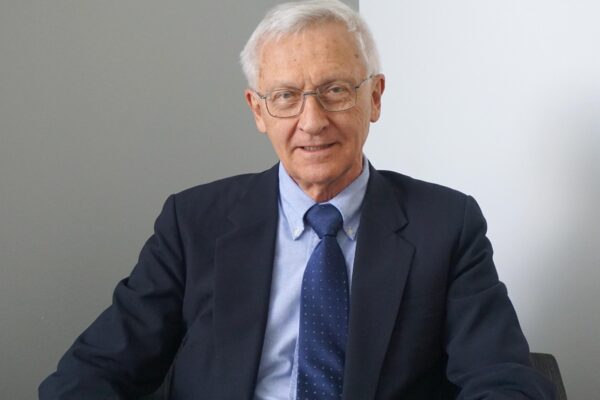Breaking the opioid-addiction chain
We can only know our interventions are working, or not working, through evaluation of data properly generated by the different agencies involved. The data must be shared with evidence-minded professionals intent on saving lives and stemming this heartbreaking public health crisis.
A positive approach to school safety
Policy responses to school shootings have not prevented them from happening more frequently, but restorative justice has the potential to avert bad behavior and school shootings, finds a new study from Washington University in St. Louis.
What’s behind the decline in outdoor play?
Mothers in low-income neighborhoods report more physical and social barriers that discourage them from allowing their children to play outside, according to new research from the Brown School at Washington University in St. Louis.
Addressing gun violence: We must raise a collective voice
As organizations who feel privileged to call St. Louis and the state of Missouri home, we each commit to doing our part — including working with our local, state and federally elected officials — to ensure the stranglehold of violence in our cities and counties is eradicated.
Suicide attempts among black adolescents on the rise
While suicide attempts decreased overall among U.S. adolescents between 1991 and 2017, they increased by 73% among black adolescents, finds a new study from the Brown School at Washington University in St. Louis.
Capitalism Is Already Accountable To Stakeholders
It wouldn’t be a complete stretch to suggest that public companies should charter government agencies, rather than the other way around.
No, the Trump impeachment inquiry is not a coup
In impeachment inquiries, constitutionally authorized bodies are using constitutionally granted powers, however politically and potentially partisan their effort. By contrast, coup attempts occur when political actors take extra-constitutional actions — most often using guns — to oust a chief executive.
Democrats Are Going to Regret Beto’s Stance on Conservative Churches
Our nation’s politicians can choose to make that possibility more or less likely with their rhetoric and policies in the years to come. Threatening the loss of tax exemption to hundreds of thousands of religious organizations, including many that serve the most vulnerable in our society, is not the way to go.
Race, income and voting access
As the U.S. once again prepares for national elections, we hope that voters in the St. Louis region will join with elections administrators in strengthening our democratic processes. On election day, it is critical that we all work to note and report voting process barriers.
Why Hong Kong’s status as a global financial centre is perfectly safe and secure
Concerns about the future of Hong Kong as China’s global financial centre are misplaced. Its financial firms and financiers are the jewels of China’s access to global financial markets. China’s leaders will never undermine that.
View More Stories
